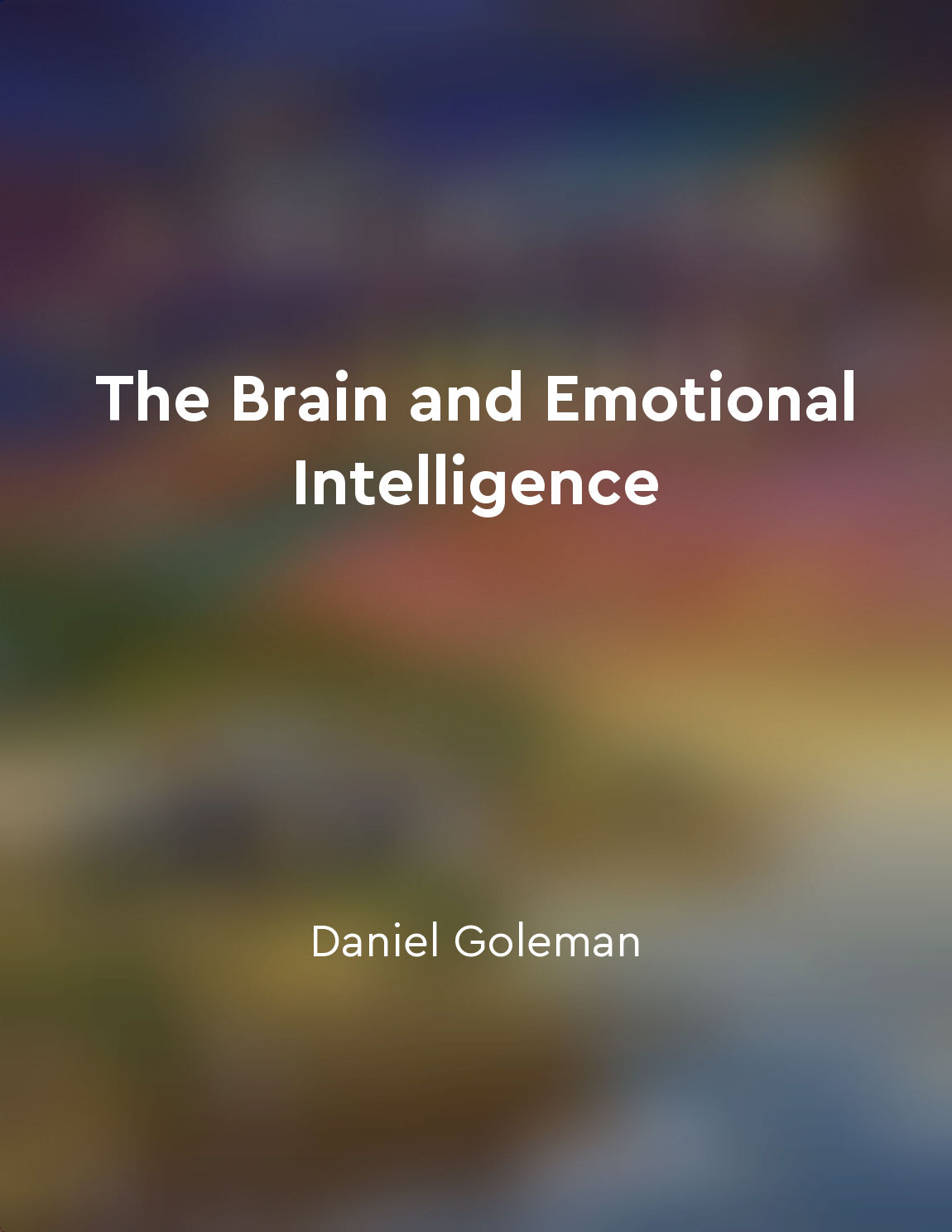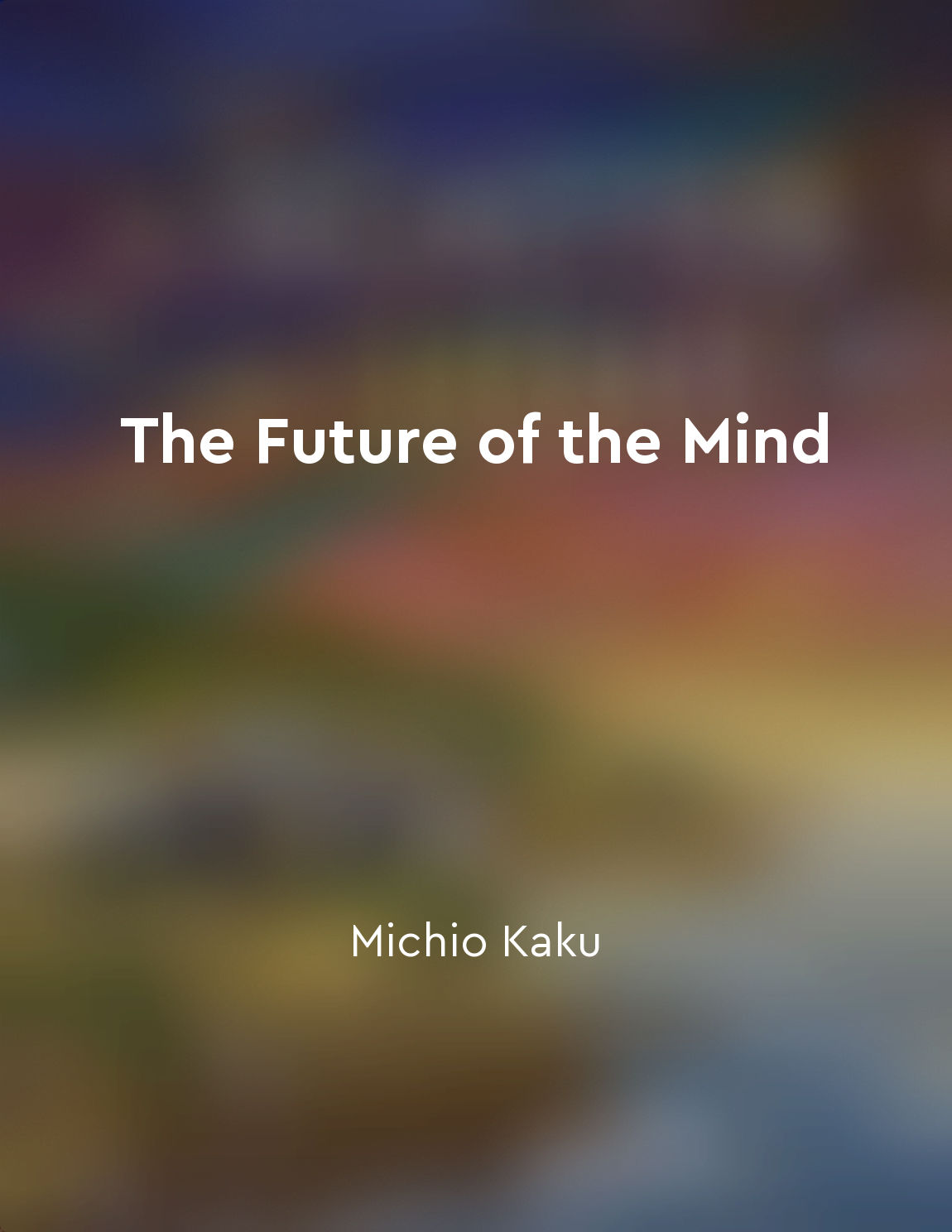Brain is plastic from "summary" of Discovering the Brain by National Academy of Sciences,Institute of Medicine,Sandra Ackerman
The brain is a remarkable organ, capable of adapting and changing throughout our lives. This concept, known as brain plasticity, challenges the long-held belief that the brain is fixed and unchanging. Instead, research has shown that the brain has the ability to reorganize itself in response to learning or experience. Neuroplasticity, as it is also called, allows the brain to form new neural connections, strengthen existing ones, and even reassign functions to different areas. This adaptability is crucial for our ability to learn new skills, recover from injuries, and adapt to changes in our environment. One example of brain plasticity is seen in individuals who have suffered a stroke. Despite the damage caused by the stroke, the brain is often able to rewire itself to compensate for the lost function. Through rehabilitation and therapy, patients can regain some of the abilities that were affected by the stroke. Another example of brain plasticity is seen in children, whose brains are particularly malleable. As they learn new skills and acquire knowledge, their brains undergo changes that help to strengthen neural connections and build a foundation for future learning.- The concept of brain plasticity challenges the idea that our brains are fixed and unchangeable. Instead, it highlights the incredible adaptability of the brain and the potential for growth and development throughout our lives. By understanding and harnessing this plasticity, we can continue to learn, grow, and adapt to new challenges and experiences.
Similar Posts
Human instincts are not always conscious decisions
In human behavior, the role of instinct is often underestimated. We tend to believe that our actions are the result of consciou...

Emotional intelligence training can benefit individuals and organizations
Emotional intelligence training has the potential to bring about significant benefits for both individuals and organizations. T...
The unconscious mind plays a significant role in decisionmaking
One of the key insights we can glean from psychological research is the idea that much of our decision-making actually takes pl...
We are natural explorers
Humans are natural explorers. Our brains have evolved to constantly seek out new information and experiences. This drive for ex...

Emotions can influence cognitive processes
In our complex brains, emotions and cognitive processes are deeply intertwined. When we experience emotions, such as happiness,...
Neurons process information
Neurons are the basic building blocks of the brain, responsible for transmitting information through electrical and chemical si...
Motivation is intricately linked to reward systems within the brain
Motivation arises from complex interactions within neural circuits, primarily located in the brain's reward systems. These syst...

Understanding the brain's complexities could lead to new treatments for mental illness
Unlocking the mysteries of the brain could potentially revolutionize the way we treat mental illnesses. By delving deeper into ...

